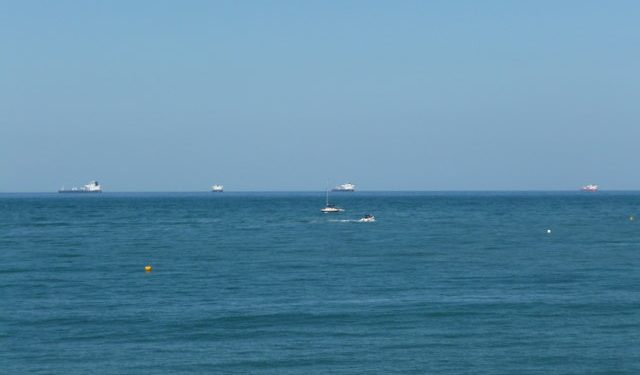In a somber turn of events, at least five individuals lost their lives attempting to cross the English Channel from France, as local media outlets have reported. The rescue efforts began early from the seaside town of Wimereux in Pas-de-Calais, a region marked by its picturesque coast yet fraught with perilous crossings.
According to the French newspaper La Voix du Nord, a father, whose four-year-old daughter is in a critical condition, was among those rescued. The emotional impact of the rescue was palpable as responders worked tirelessly to aid survivors and retrieve victims.
The exact number of people attempting the overnight crossing remains uncertain; however, reports indicate that around 100 individuals were rescued by the emergency tow boat Abeille Normandie. They were subsequently taken to the port of Boulogne as part of the ongoing response efforts.
The rescue operation was extensive, involving three helicopters and multiple boats, and was still active by 8am UK time. Additionally, dozens of firefighters joined the search, highlighting the scale of the emergency response mobilized to address this tragic incident.
Despite the mild weather, which was described as favorable for sailing, the Channel remains a dangerous route for migrants seeking refuge and a new start. Michael Tomlinson, the Illegal Migration Minister, commented on the distressing trend of fatalities in the Channel, noting that there have been deaths every month for the past nine consecutive months.
This latest incident coincides with the passage of the controversial Rwanda Bill, intended to deter migrants from attempting such hazardous crossings by deporting asylum seekers to Rwanda. The legislation passed after intense deliberations in the UK Parliament and is seen by Prime Minister Rishi Sunak as a crucial step towards fulfilling his pledge to “stop the boats,” a policy initiated under Boris Johnson’s administration. Sunak reaffirmed his commitment to this approach, promising that the first one-way flight to Rwanda would depart within the next 10 to 12 weeks.



























